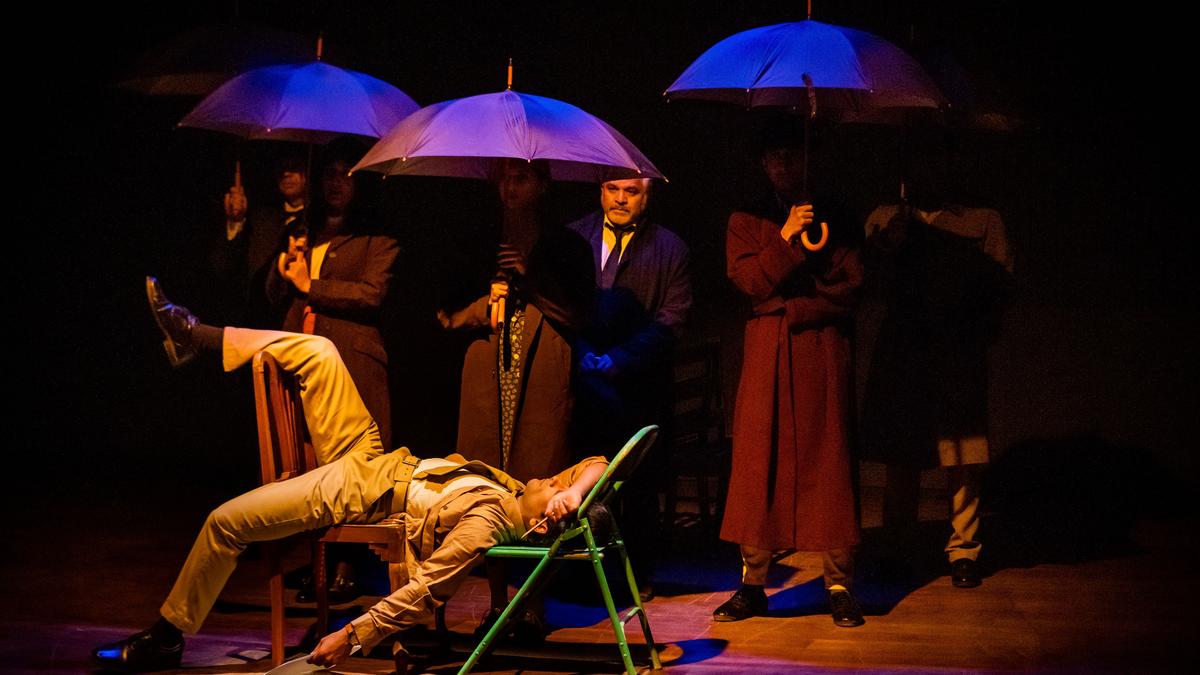
Chennai | This play set in Nazi Germany will make you think about the times we live in
The Hindu
Experience the divisive tale of conductor Furtwangler in the play Taking Sides, exploring loyalty, morality, and freedom in art.
Hitler’s favourite conductor.
No one must have had a moniker so divisive like that of the conductor of the Berlin Philharmonic, Wilhelm Furtwangler. It is this very divisiveness or dichotomy that forms the core of the play Taking Sides that comes to Chennai after an almost 50-show run around the country. The visual narrative follows the record of the post-War interrogation of Furtwangler by a US Army major, Steve Arnold, who in his past civilian life was an insurance investigator. Furtwangler’s loyalty remains to his music, as the conflict of what is right and wrong hangs heavy.
Director Atul Kumar thinks there is no better time to stage a play of this kind. Atul’s first interaction with the play happened a few years back, when he chanced upon a film by Hungarian filmmaker Istvan Szabo, based on the original play, Taking Sides. “I remember telling myself that I should someday pick up the script and take it to stage. It’s just that the times we live in now, sadly, makes the script extremely relevant,” says the director.
The play, which took shape during the pandemic, simply talks about freedom and zooms in on the arguments that form around arts and politics during times of oppression. “It questions how, at the time of fascism, how one maintains one’s morality. Where does one draw a line?” adds Atul.
The questions that are dealt with the play are very personal for Atul. “I have always done theatre that is loud, robust and over-the-top. Whether it’s a comedy or a tragedy, it’s always been larger than life. That’s my expression, and physical culture has been my practise.”
This time, however, he wanted to explore the classical way of doing theatre, “where the concentration is on the word and the argument. So we have done a play that is realistic for the first time in my 25 years of career,” he says with a laugh. The play is normally performed in traverse (where the audience sits on either side of the performers at the centre) at alternative venues. “I really wanted my audiences to be divided. I wanted to create this dichotomy even on how they view it.” (In Chennai, however, this format will not be followed as the venue is not conducive to it.)
Though the script has been edited for time, it is not an adaptation. The historical references that may be lost on the audience have been researched thoroughly.













